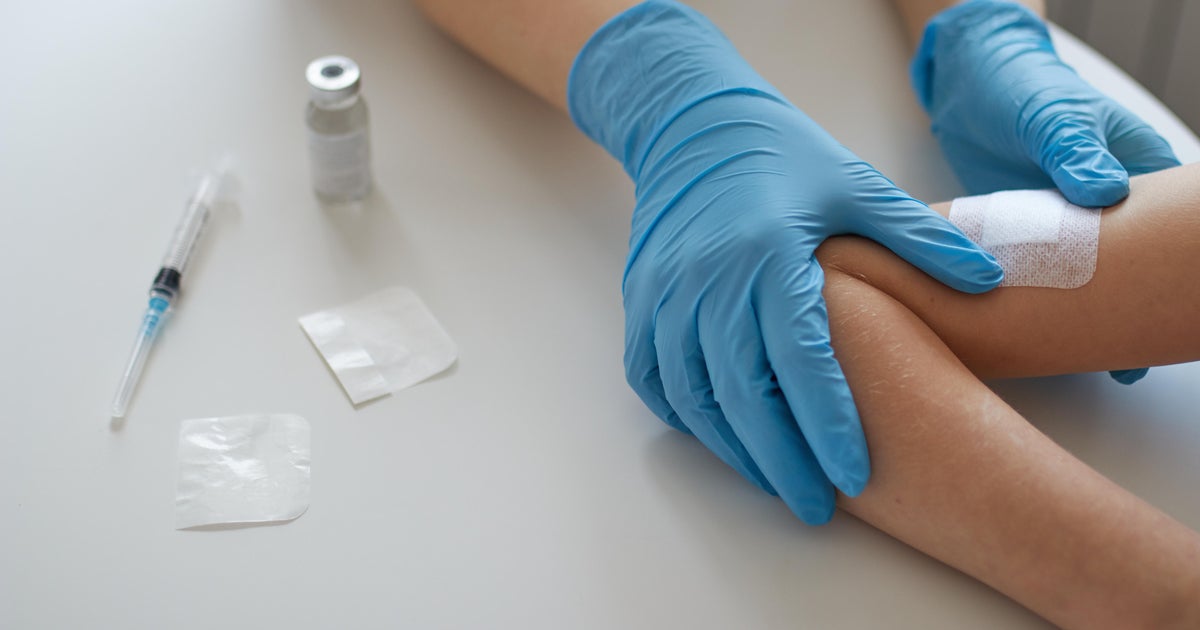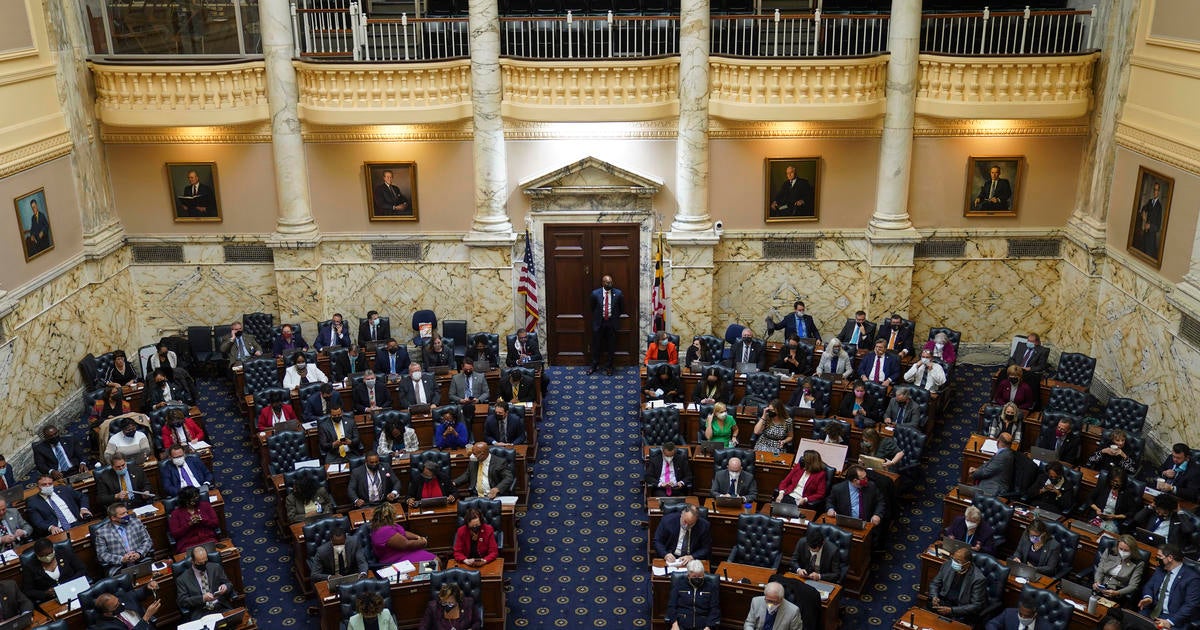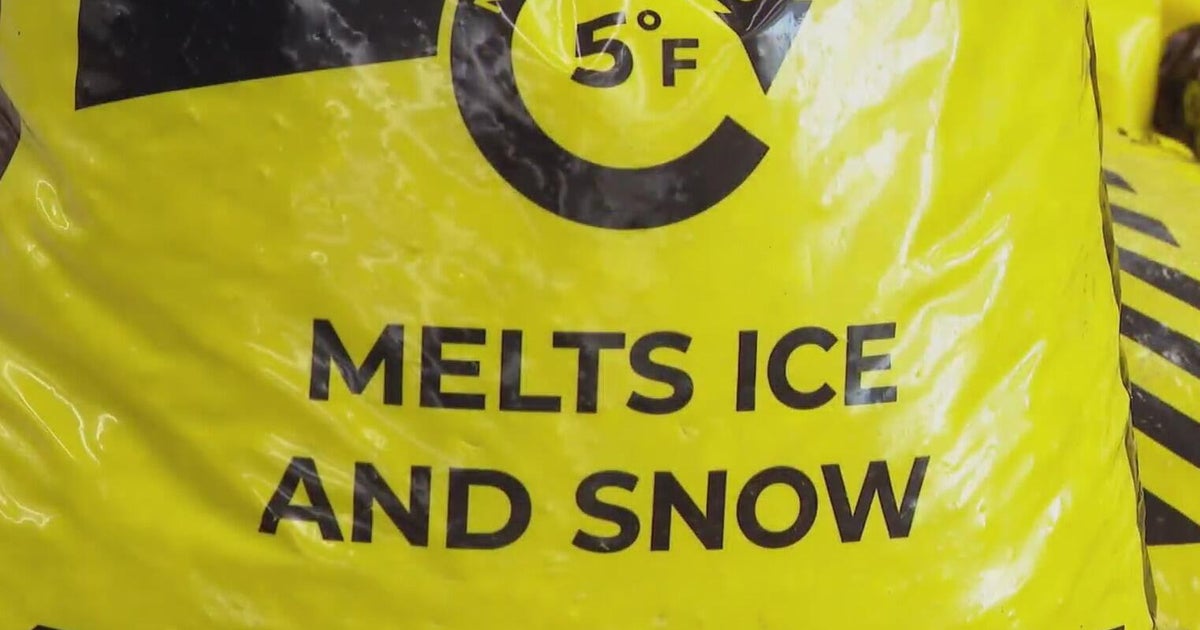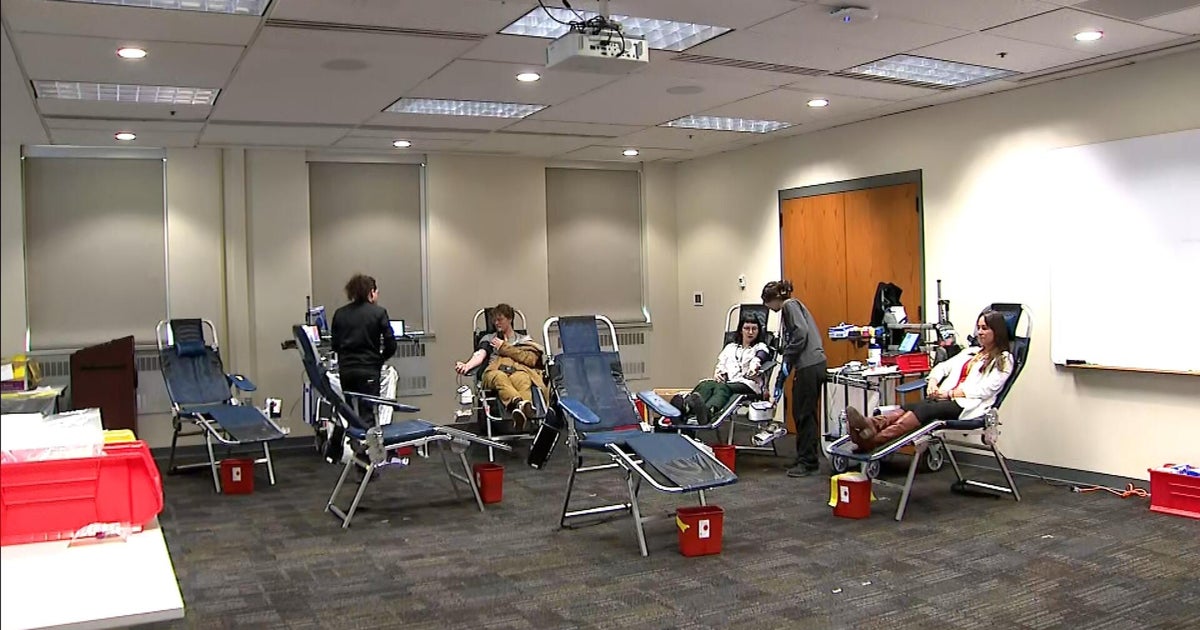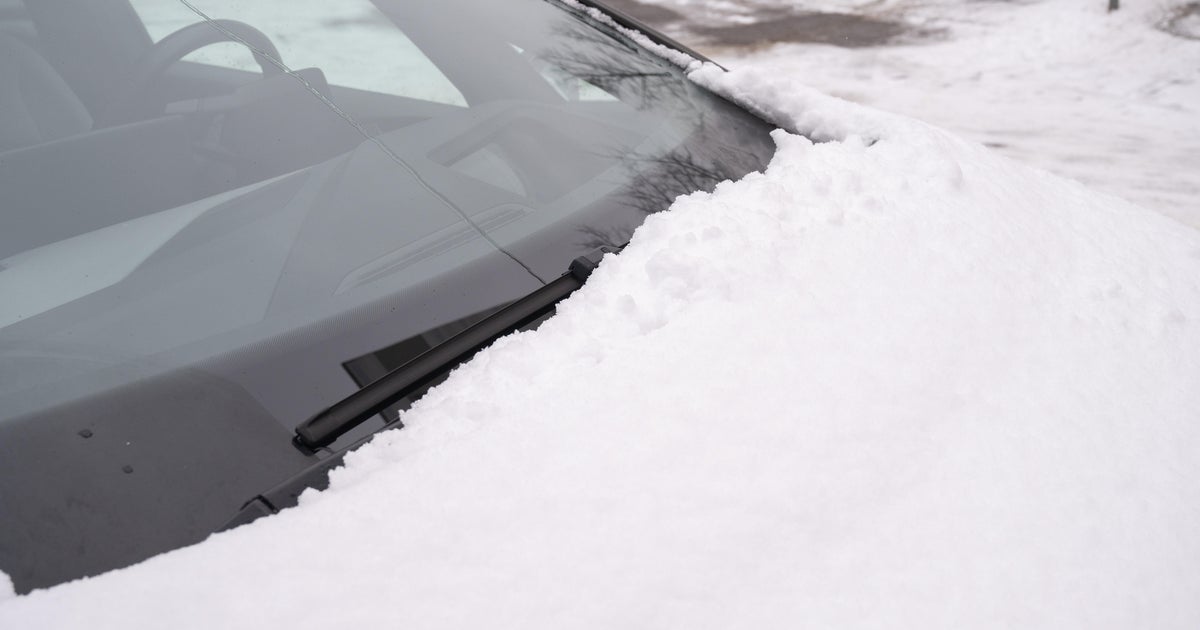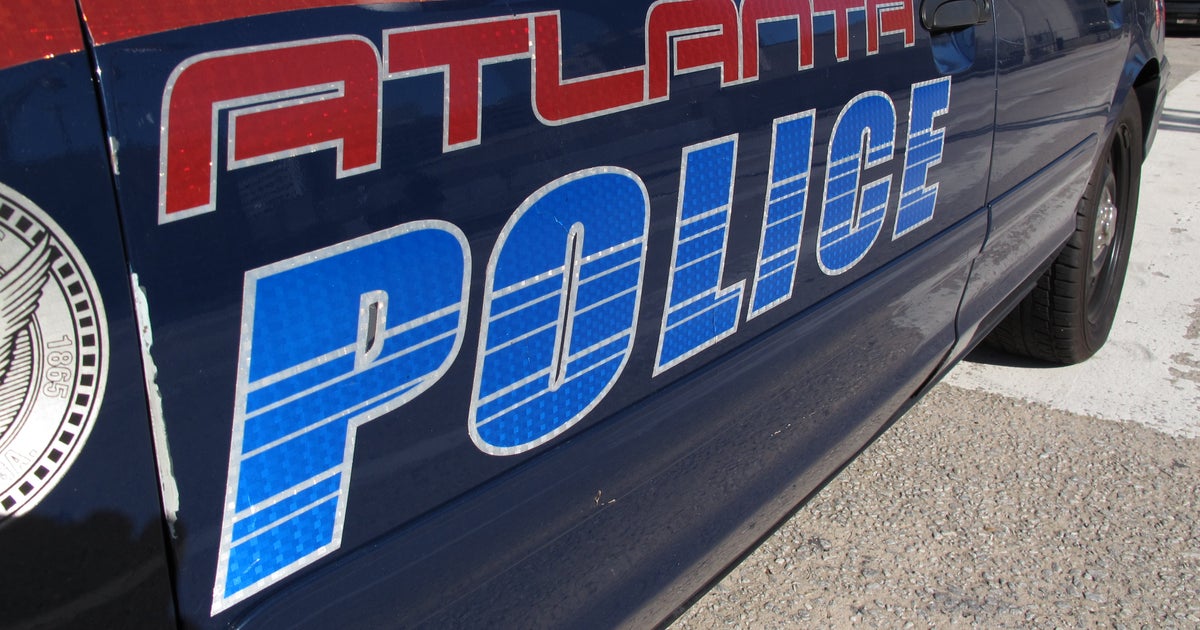Maryland health officials limit access to meager supply of monkeypox vaccine
BALTIMORE -- Monkeypox is becoming a reason for concern across the United States.
The Centers for Disease Control and Prevention says that at a national level, the caseload is doubling every week with about 6,300 U.S. cases so far.
Data collected by the CDC shows that there have been 149 cases in Maryland to date.
New York, Illinois, and California have already declared a state of emergency as the virus continues to spread. There is even more concern because there is a limited supply of vaccines.
"The biggest challenge right now is getting vaccines into the arms of high risk individuals because we know this vaccine is safe. It's effective. We just don't have enough of it," said Dr. Amesh Adalja, the senior scholar at the Johns Hopkins Center for Health Security.
Maryland health officials say the state has received doses for only about 3,200 people. Because of the low supply, officials say vaccines will be limited to close contacts of those who tested positive—including someone you live with and people who may be exposed to the virus because of their jobs.
"We're on top of it," Gov. Larry Hogan said. "We have an entire team of people working hard every single day, working together with our local partners and our hospitals and with the federal government, and we think it's pretty much under control, but we are watching it very carefully."
Right now, the virus is mostly affecting men who have sex with men.
Brian Thomas is a travel nurse from Baltimore. Thomas said he got the virus after attending a pride parade in Florida. Thomas' first symptom was a rash.
"After I put all of the symptoms together, that's when I became suspicious that it might be monkeypox. So then that's when I got tested." Thomas said. "I tested positive and then the lesions kind of developed for me over about five to seven days. So, like, every day I woke up with a few new pox."
The CDC says the virus spreads through close contact including skin-to-skin contact or in cases where someone touches a rash, scabs, body fluids, or even objects like the towels used by a person who has the virus.
Monkeypox can be very painful because of symptoms like lesions that develop on the skin. Other symptoms include a rash, fever, and body aches. Adalja says the virus does not spread as easily as COVID-19.
"Each pathogen has its own biological characteristics and you cannot just say COVID-19 is a virus, monkeypox is a virus; therefore, they will act the same," Adalja said. "Each virus has its own transmission characteristics, its own countermeasures, its own contagiousness; so, you can't equate the two. They're apples and oranges."
Testing for the virus is still only possible through a medical professional. There is no at-home testing at this time. Your point of contact for testing will be your doctor.
On Thursday, Baltimore's health department will be offering monkeypox vaccines to those who meet the vaccine criteria.
People may contact health officials for clinics beginning on Thursday, Aug. 4, at 9 a.m.
(Eastern) 1200 E Fayette St. 410-396-9410.
(Druid) 1515 W North Ave. 410-396-0176.


